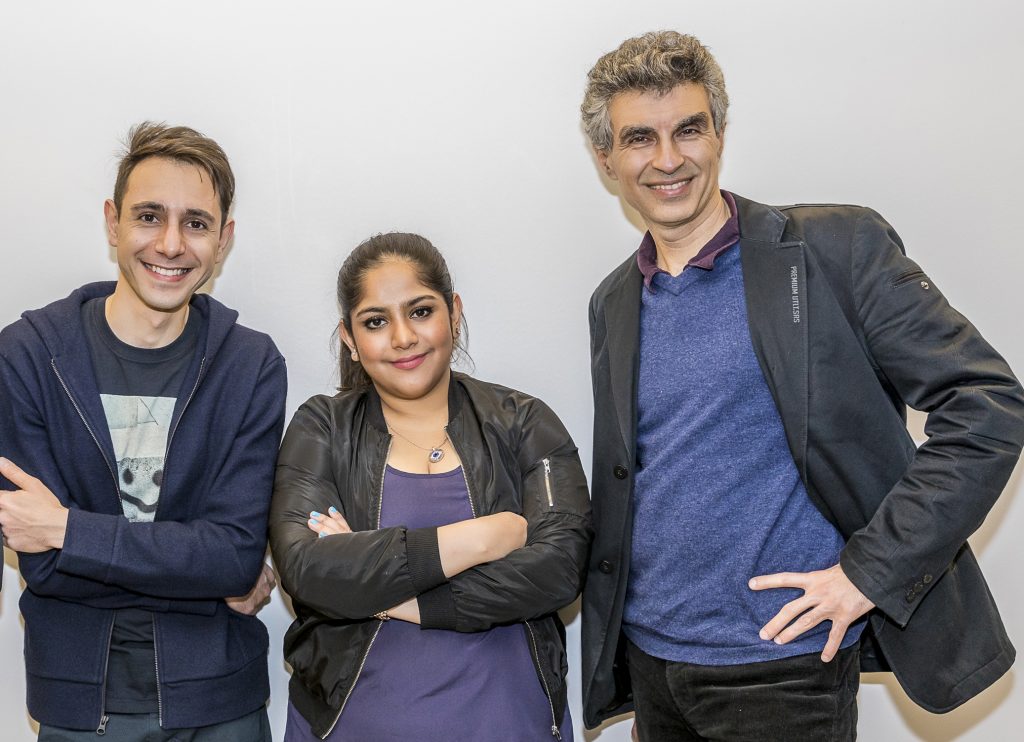Montreal-based Botler.AI has launched a new system today with the hope of empowering survivors of sexual misconduct.
The company built the system using an AI that read through more than 300,000 US and Canadian criminal court documents related to what the company refers to as sexual misconduct, including sexual harassment and sexual assault. In Canada, sexual assault is defined as “an assault of a sexual nature that violates the sexual integrity of the victim,” while sexual harassment is defined as “any conduct, comment, gesture, or contact of a sexual nature that is likely to cause offence or humiliation to any employee; or that might, on reasonable grounds, be perceived by that employee as placing a condition of a sexual nature on employment or on any opportunity for training or promotion.”
According to the YWCA, there are 460,000 reported sexual assaults in Canada every year.
By cross-referencing the court documents, the AI — which functions as a chatbot — predicts if the situation explained by the victim falls under sexual harassment or sexual assault, and which laws have been violated under the Criminal Code. The AI can then generate an incident report which the user can hand over to the relevant authorities if they so wish.
It’s not trained to predict the outcome of cases, but the company hopes that it can be an educational resource for survivors unsure about how to define their experience.
Asked if a negative outcome from the AI could discourage survivors from coming forward, CEO and co-founder Amir Morajev is clear on how users should approach and see the system.
“This is just a prediction which has mathematical ground. Let’s just say if a prediction said that there’s no violation in your situation, then that absolutely does not mean that there’s no violation,” said Morajev. “This is just a starting point for users to start looking into their problem more seriously. It should be clear to everyone that this is not legal advice or constitutes representation, or even legal information.”

While there is hope for survivors through education — and Canada has clear laws for consent — we do not have a strong record of justice for survivors that do come forward. According to the YWCA, there are 460,000 reported sexual assaults in Canada every year. Of those cases, only .3 percent of those actually resulted in convictions. Factors for this statistic can range from a lack of physical evidence, witnesses, and the perpetrator knowing the victim, making it challenging for survivors to be heard because there are so many ways they can be disputed.
“That’s not because victims don’t know the law. They know the law and advocates know the law, but when they go to the police, there’s not enough evidence for it to progress to the criminal justice system,” said Nicole Pietsch, a coordinator at the Ontario Coalition of Rape Crisis Centres.
“When I worked in a rape crisis centre for eight years, I would hear lots of disclosures from people and what they’re describing as sexual assault or rape, but unfortunately because methods of coercion aren’t physical — maybe they threatened you, they assaulted you while you were incapacitated, or you were intoxicated — even if the police believe them they often say this case isn’t going to have enough evidence to proceed. That’s a systemic failing.”
Ritika Dutt, co-founder of Botler.AI, also made the point that these stats only go for the reported cases; for every 100 cases, only about six survivors come forward. But she hopes that giving people the definitions for what happened to them can be the first step in empowerment.
“One of the things we want to focus on is to give people the definitions and understanding that this has happened to you, and these are clear violations of this law, and these are the laws that are relevant to your situation,” Dutt said.
“Once people have the information then it’s up to them what they want to do with it. Maybe they have a clear idea on how they want to deal with the situation, maybe they feel comfortable to approach somebody like HR…or maybe it makes them feel better that it’s not just in my head, and I have the right to stand up to my abuser because I have rights in this situation.”
Pietsch acknowledges that there can be limitations in the justice system due to a poor track record. However, she points to some positive first steps the government is taking to support victims in their decisions, including a pilot in Ontario that allows survivors to understand legal options over the phone or in-person to get a “lay of the land.”
“It brings in human rights options as well as policy considerations like workplace, policies that employers must conform to around sexual misconduct and harassment,” Pietsch said. “Some cases — particularly harassment but also assault — if they have a hard time in the criminal justice system, they might have a better time going through human rights law. It’s good to know what your options are.”
In the same vein, Botler wants to be that first-step resource for survivors, and plans to incorporate other resources beyond just legal. By delivering the service through an allegedly unbiased bot, the company says survivors may feel more comfortable sharing their story without being judged.
“It’s an opportunity for us to test hypotheses that people will be willing to give more information if they will not be judged. That’s one thing we hope we can answer better in a couple of months,” said Morajev. “What AI can do is democratize the legal system for the average user so they understand it in a better way. What we also hope to achieve is to see what other issues people need help with.”
Feature photo by Jeng Mia

